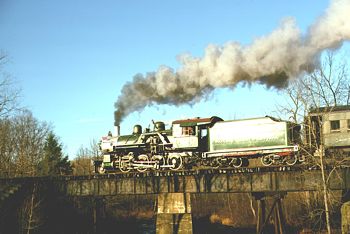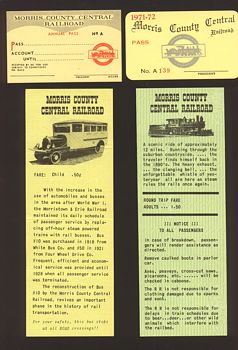
The Morris County Central was based in Whippany for nine years, and in time earned a reputation as a clean, family attraction. Operation of the Sunday-only trains was expanded to Saturdays as well in 1966, and in 1971 the train began running seven days a week during the Summer months.

Additionally, on May 15, 1966, the train began running east over the M&E to Roseland, NJ instead of Morristown… providing a bit more in the way of scenery, and featured the thrill of crossing over the Passaic River on a high wooden trestle.


As the 1960s evolved into the 1970s, one could notice the marked improvements in the operation and development of the MCC and its satellite functions, such as the museum, the souvenir shop, the snack car, the picnic grove, public facilities, etc.




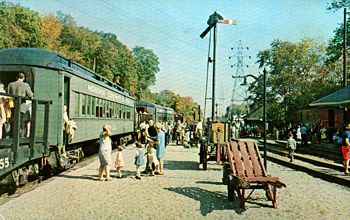
Visitors showed their appreciation for these improvements by continually patronizing the MCC and praising the efforts of Earle Gil and his staff.
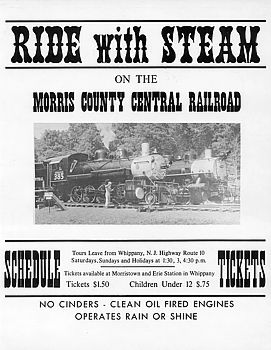
Though the Morris County Central won approval with the public, the MCC’s relationship with the Morristown & Erie’s management of the early 1970s was becoming somewhat strained. As a result of looking for a new route on which to run his trains, Gil and his Board of Directors decided in late 1973 to lease a 10-mile section of unused New York, Susquehanna & Western Railroad trackage running between Newfoundland and Beaver Lake, NJ.
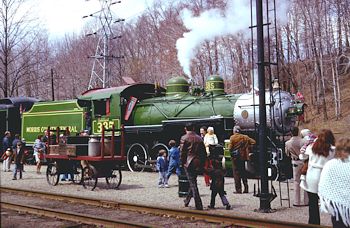
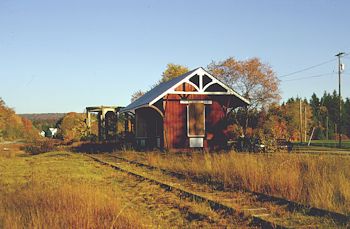

The entire MCC operation was packed up and moved to the new location over a long rail journey that would take four months to complete owing to bad weather, track conditions on the unused section of the Susquehanna, and just plain bad luck.
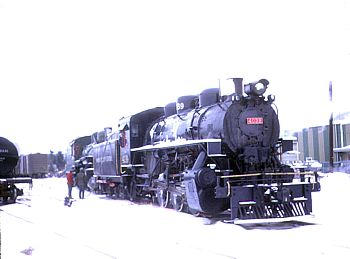
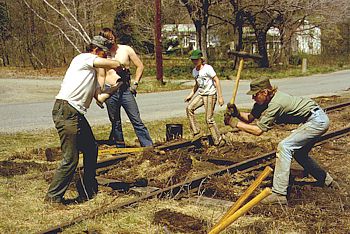
Before the MCC could be opened to the public at its new site, the heavy brush along the right-of-way had to be cut and new siding had to be laid. The station area and the train itself were made ready for Opening Day.
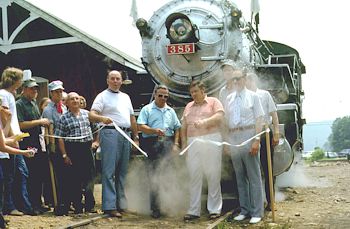
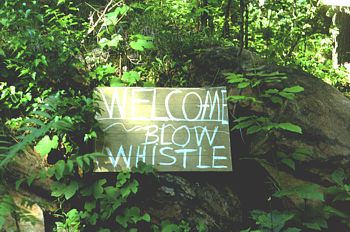
On July 4, 1974, Jefferson Township Mayor Ralph Atkinson cut the ribbon opening the “NEW” Morris County Central Railroad. It had been exactly 221 days after the final closing trip at Whippany. Hundreds of applauding and waving people came out along the line to cheer on Engines 385 and 4039 as they chugged and jubilantly whistled by on their first run. The image of the train rolling along signaled the return of steam passenger service to the area, and the promise of a new era in the life of the MCC.
